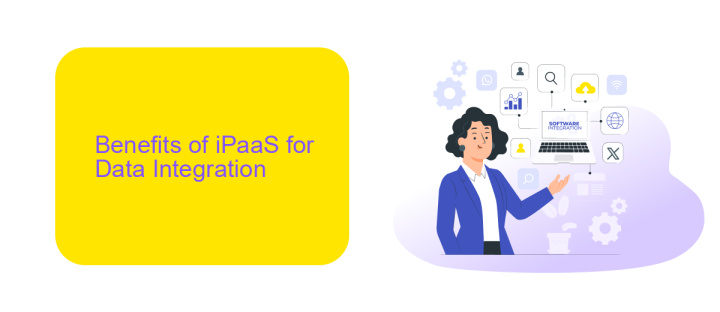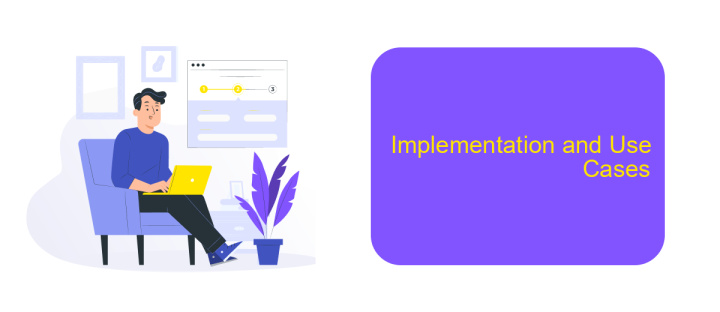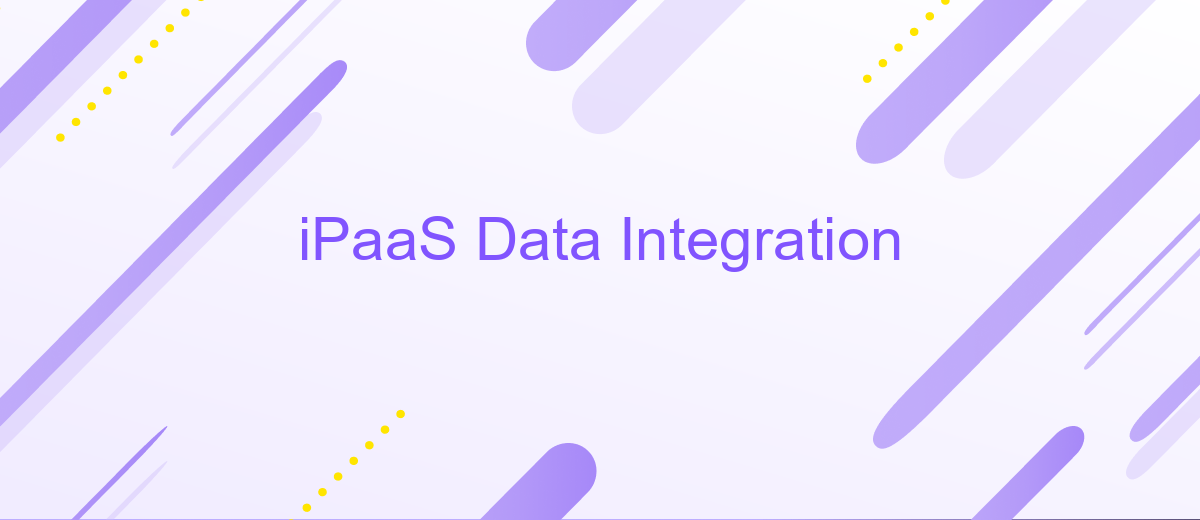iPaaS Data Integration
In today's fast-paced digital landscape, businesses require seamless data integration to maintain competitive advantage. Integration Platform as a Service (iPaaS) offers a robust solution for connecting disparate systems, enabling real-time data flow and streamlined operations. This article explores the benefits, functionalities, and key considerations of using iPaaS for efficient data integration, helping organizations unlock the full potential of their data assets.
Introduction
The rapid evolution of technology has led to an explosion of data and applications, making seamless data integration a critical necessity for businesses. Integration Platform as a Service (iPaaS) solutions have emerged as a powerful tool to address this need, enabling organizations to connect disparate systems and streamline data flows. iPaaS offers a cloud-based approach to integration, providing a scalable, flexible, and cost-effective solution for managing complex data ecosystems.
- Automated data synchronization between multiple applications
- Real-time data processing and transformation
- Scalable infrastructure to handle growing data volumes
- Enhanced data security and compliance
One of the notable iPaaS providers is ApiX-Drive, which simplifies the integration process with its user-friendly interface and robust automation features. By leveraging ApiX-Drive, businesses can effortlessly connect various applications and automate workflows, ensuring that critical data is always up-to-date and accessible. This not only enhances operational efficiency but also enables better decision-making through real-time insights.
Benefits of iPaaS for Data Integration

iPaaS (Integration Platform as a Service) offers numerous benefits for data integration, streamlining the process of connecting disparate systems and applications. One of the primary advantages is its ability to provide a unified platform that simplifies the integration of various data sources, reducing the complexity and time required for manual coding. This results in faster deployment and more efficient data management, allowing businesses to focus on their core activities rather than technical challenges.
Another significant benefit of iPaaS is its scalability and flexibility. As businesses grow and their data needs evolve, iPaaS solutions like ApiX-Drive can easily adapt to new requirements without major overhauls. ApiX-Drive, for instance, offers a user-friendly interface and pre-built connectors that facilitate seamless integration with multiple applications and services. This not only enhances data accuracy and consistency but also ensures real-time data synchronization, enabling informed decision-making and improved operational efficiency.
Functionality and Features

iPaaS (Integration Platform as a Service) offers a comprehensive suite of functionalities and features designed to streamline data integration processes across various platforms and applications. These platforms provide businesses with the tools necessary to seamlessly connect disparate systems, enabling efficient data flow and operational coherence.
- Pre-built Connectors: iPaaS solutions come with a wide range of pre-built connectors for popular applications, databases, and services, reducing the need for custom coding.
- Real-time Data Integration: These platforms support real-time data synchronization, ensuring that information is always up-to-date across all connected systems.
- Scalability: iPaaS platforms are designed to scale with your business, accommodating increasing data volumes and integration complexity.
- Data Transformation: Advanced data transformation capabilities allow users to manipulate and format data as it moves between systems.
- Monitoring and Analytics: Comprehensive monitoring and analytics tools provide insights into data flows and integration performance, facilitating proactive issue resolution.
For instance, ApiX-Drive offers an intuitive interface for setting up integrations without requiring extensive technical knowledge. It supports a variety of applications and services, making it a versatile choice for businesses looking to automate their workflows and enhance data connectivity. By leveraging such iPaaS solutions, organizations can achieve greater efficiency, accuracy, and agility in their operations.
Implementation and Use Cases

Implementing iPaaS data integration involves several steps, starting with selecting the right platform that meets your business needs. One such platform is ApiX-Drive, which simplifies the process of connecting various applications and automating workflows without requiring extensive coding knowledge.
After selecting the platform, the next step is to configure the integrations. ApiX-Drive offers a user-friendly interface that allows users to set up integrations quickly and efficiently. You can customize data flows, set triggers, and define actions to ensure seamless data transfer between systems.
- Automating data synchronization between CRM and email marketing tools.
- Integrating e-commerce platforms with inventory management systems.
- Connecting social media channels with analytics tools for better insights.
Use cases for iPaaS data integration are vast and varied. Businesses can leverage these integrations to streamline operations, enhance data accuracy, and improve decision-making processes. With platforms like ApiX-Drive, organizations can achieve these goals with minimal effort and maximum efficiency.
Future Trends and Innovations
As we look to the future of iPaaS data integration, several key trends and innovations are set to transform the landscape. One of the most significant advancements is the increasing use of artificial intelligence and machine learning to automate complex integration processes. These technologies can predict integration needs, optimize data flows, and even self-heal to fix issues in real-time, thereby enhancing efficiency and reducing downtime. Additionally, the rise of low-code and no-code platforms is democratizing data integration, allowing even non-technical users to design and manage integrations seamlessly.
Another promising trend is the growing emphasis on real-time data processing and analytics. With businesses demanding faster insights, iPaaS solutions are evolving to support real-time data streams, enabling more agile decision-making. Services like ApiX-Drive are at the forefront, offering user-friendly interfaces and robust tools to simplify the integration process. These platforms not only facilitate seamless connectivity between disparate systems but also provide advanced monitoring and error-handling capabilities, ensuring that data flows remain uninterrupted and secure. As these innovations continue to develop, the future of iPaaS data integration looks incredibly promising.


FAQ
What is iPaaS and how does it benefit my business?
How secure is iPaaS for data integration?
Can iPaaS integrate with legacy systems?
How difficult is it to set up iPaaS for my organization?
What kind of support can I expect when using an iPaaS solution?
Apix-Drive will help optimize business processes, save you from a lot of routine tasks and unnecessary costs for automation, attracting additional specialists. Try setting up a free test connection with ApiX-Drive and see for yourself. Now you have to think about where to invest the freed time and money!

